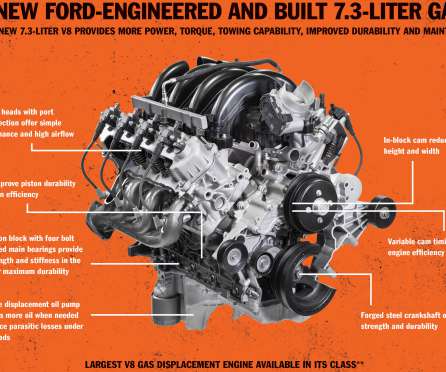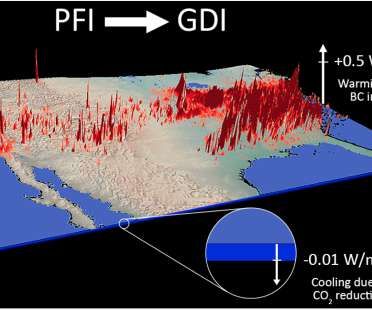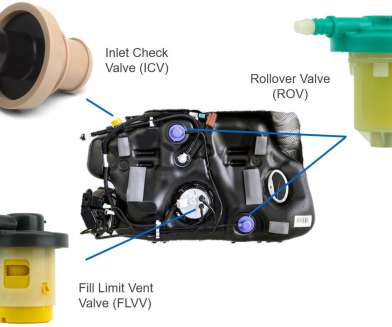Landi Renzo USA awarded $600K from South Coast AQMD & SoCalGas for near-zero natural-gas Ford 7.3L engine
Green Car Congress
FEBRUARY 13, 2020
Near-Zero natural gas engine development program, which covers Class 4-7 vehicles. liter gasoline engine and demonstrate a 0.02 g/bhp-hr NO x California Air Resources Board (CARB) and Environmental Protection Agency (EPA) certified engine for commercial vehicle applications.







































Let's personalize your content